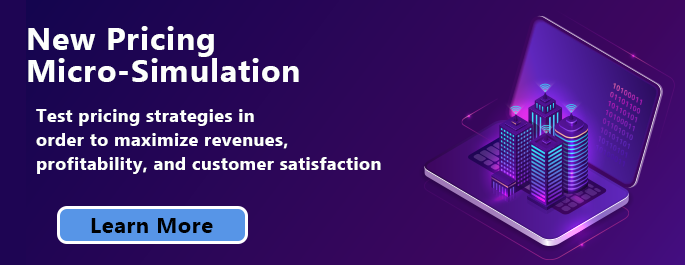Within the next few months, many businesses will be “going back to work.” For the ones that have  survived, they will be talking about things like “getting back to normal,” and figuring out how to adjust to the realities of the new workplace.
survived, they will be talking about things like “getting back to normal,” and figuring out how to adjust to the realities of the new workplace.
One of the many stark realities of this new normal is that we must all challenge the orthodoxies of what was the old normal and make significant adjustments to the way we approach things moving forward into the new normal.
Take the process of Talent Development for example.
My company, Advantexe, has been one of the lucky and fortunate organizations that was well prepared to not only survive through the pandemic, but has been able to thrive into the new future. Over the past few weeks, we have received dozens of requests from companies who were using different types of experiential learning leadership and business simulations like board games and classroom-based simulations that could not be converted into virtual deliveries. In the process, we have educated many new clients about new and dynamic ways of achieving their learning goals through digital, virtual simulations. It has been an eye-opening experience for everyone, and we are just now starting to realize that what got us here is not going to get us to the new future. Even though we have all the tools necessary to delivery virtually, we simply cannot just go about business as usual because just like the real world, the simulated world must also change as soon as possible.
During the past week, we have started to take inventory of differences between 2019 simulations and the simulations that will be developing the skills of our clients into 2020 and beyond.
Below are 3 things in each of the primary competency areas that have changed in the real world that will be integrated into our simulations within the coming weeks:
Business Acumen
- Supply chains and distribution channels have been disrupted, and new ones have emerged
- Where and how people work is completely different and costs to rent and equipment will become more volatile
- The way companies market and sell is going to be completely different
As a result, Business Acumen simulations and the base conditions that drive them must be reconfigured.
Business Leadership
- Leaders are going to coach and provide feedback to distributed workers in a different way
- There will be different methods of resolving conflict
- Leading change and executing new strategies will be completely different
As a result, Business Leadership simulations and the scenarios that drive them must be reconfigured.
To make this more tangible, here’s an interesting scenario. In our soon-to-be released Resolving Business Conflicts simulation, two teammates who have been in quarantine are having a challenge over the best way to approach a customer issue and you as their manager have to solve it using your conflict resolutions skills. From a leadership development perspective, handling the uniqueness of the situation is extremely different and there are limited best practices because none of this has ever happened before.
Strategic Business Selling
- Sales professionals need to find unique ways of prospecting and selling from a social distance
- Maintaining relationships is going to be more important than hunting for new business
- Measuring effectiveness of current solutions through ROI analysis will lock in business
As a result, Strategic Business Selling simulations and the base conditions that drive them must be reconfigured.
In summary, I want to avoid participants of our simulations thinking, “Oh, that simulation is so 2019.” It’s going to take some work, but in 2020 and beyond, resilience and agility to change as a result of the disruption are core competencies.




